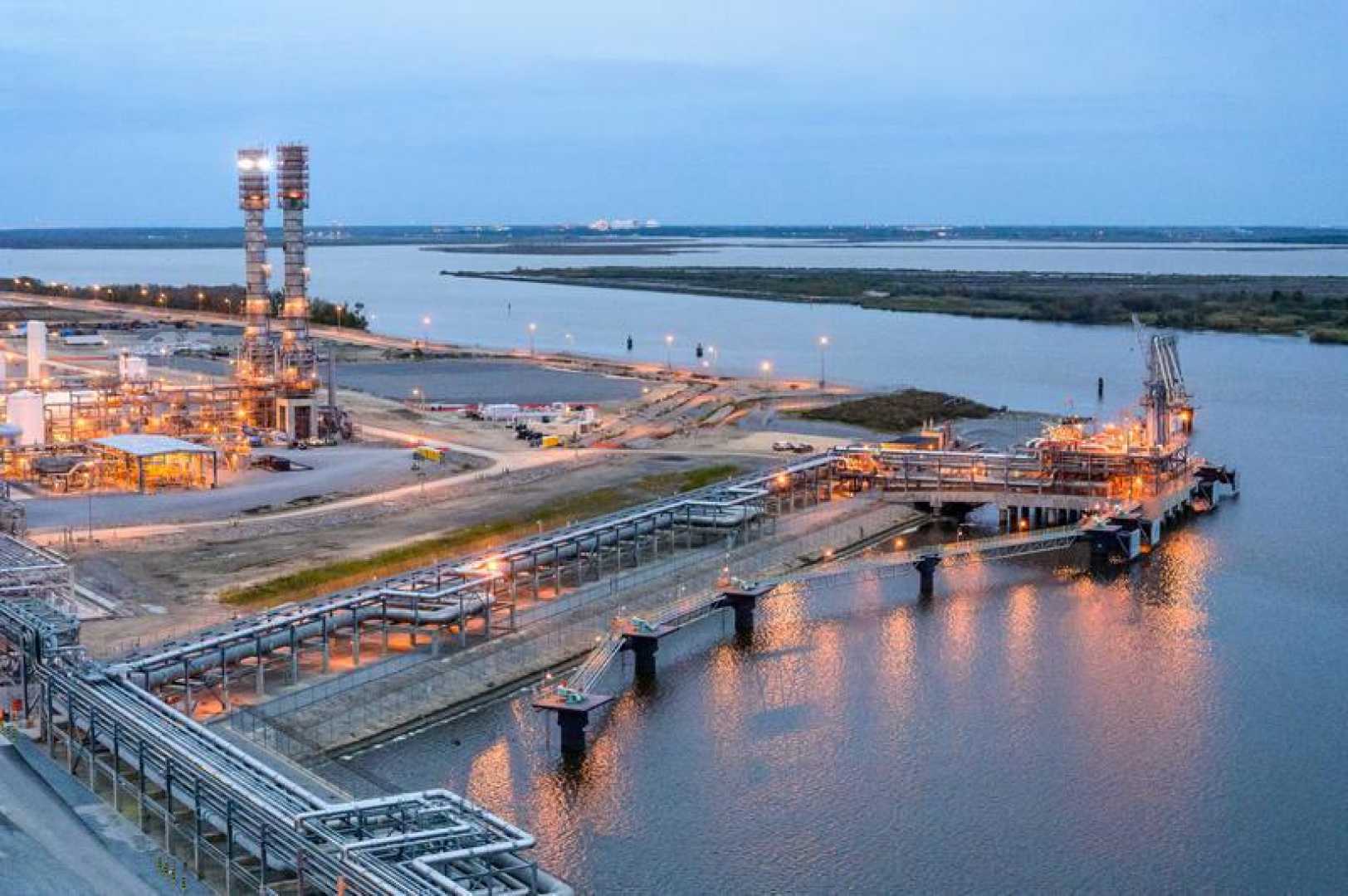Business
Louisiana’s Energy Future: Enormous Opportunities Ahead, Expert Says

BATON ROUGE, La. — Louisiana is set to become increasingly pivotal in the nation’s energy landscape following significant policy changes by President Donald Trump‘s administration. Dustin Meyer, senior vice president of policy, economics and regulatory affairs for API, highlighted the state’s prospects during a speech at the annual meeting on Wednesday.
Meyer emphasized the implications of Trump’s recent decision to repeal former President Joe Biden’s moratorium on liquefied natural gas (LNG) permitting. This policy shift is particularly beneficial for Louisiana, one of the leading exporters of LNG in the United States.
Last week, the Commonwealth LNG project in Cameron Parish received its export license—the first approval for an LNG project in over a year. “The opportunity here is particularly enormous,” Meyer stated. “The resource base in the Gulf of America is massive. It’s exactly the kind of area that the Trump administration views as so important—not just for the next four or eight years but decades out—in terms of maintaining American energy dominance.”
On his first day in office, Trump issued 40 executive orders, seven of which directly targeted energy policy. “This administration understands energy realities,” Meyer noted. “Oil and gas demand is not declining anywhere in the world. In fact, it’s increasing. If the demand is going to be there, where should the supply come from? The belief is that it should come from the United States.”
Meyer also highlighted the potential role of congressional action in shaping energy policy moving forward. He anticipates that Republicans will utilize the budget reconciliation process to enact a comprehensive package which may include mandates for offshore lease sales in the Gulf.
A clear plan for congressionally mandated offshore lease sales, he asserted, would signal that “this area is open for business.” In light of these developments, Meyer acknowledged the unpredictability that characterizes the current political environment. Nevertheless, he conveyed optimism regarding the administration’s trajectory. “It’s going to be a little bumpy, especially when it comes to trade negotiations,” he said. “But I think there’s a lot of promise ahead.”












